How Many Air Conditioning Units Does My Home Need?
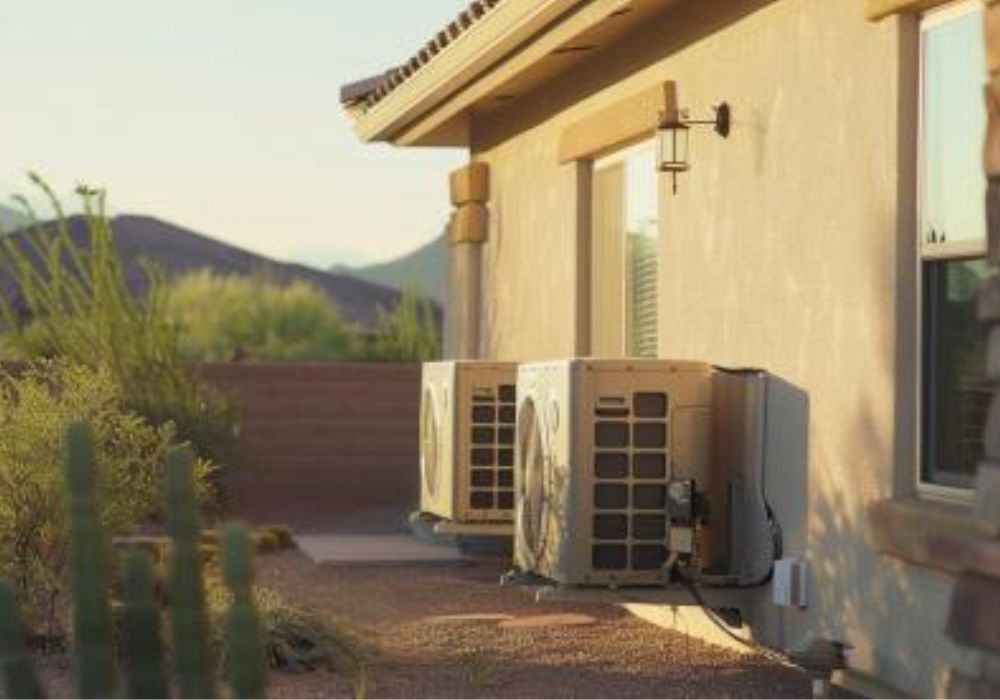
Table of Contents
ToggleWhen it comes to keeping your home cool and comfortable during those hot summer months, one question that often pops up is: “How many air conditioning units does my home need?” It’s not just about buying AC units and hoping for the best. Getting the right number and size of air conditioning units ensures your home stays cool without driving your energy bills sky high.
This post is here to shed some light on that very topic. We’ll help you figure out all the air conditioning needs for your house. We’ll guide you through understanding your home’s specific cooling requirements so you can make an informed decision. No guesswork – just straightforward advice that’s easy to understand. Let’s get right into it!
Understanding Your Cooling Needs
There are several factors you should consider regarding your home’s cooling needs. You don’t want to overwork your system or underestimate how much power you need to cool or heat your place. When deciding how many AC units you need, think about the following:
- The size of your home: This plays a role in determining the needed cooling system capacity. Larger spaces require more power to cool efficiently, and smaller ones need less. If you have a multi-story home or a sprawling layout, you’ll need a more robust system or even multiple units to ensure cool air reaches every corner. Smaller apartments can get by with less powerful AC systems.
- The climate in your area: If you live in a region with mild summers, your cooling needs will significantly differ from someone in a high-humidity zone. That means not just any cooling system will do. You need one tailored to handle the specific challenges your local climate presents. For places like Las Vegas, your cooling demands will be on the higher end of the spectrum. You’ll need a cooling system that’s resilient and efficient enough to handle working longer times without costing you a fortune in energy bills.
- The insulation of your home: Good insulation keeps cool air in and hot air out, making your cooling system’s job easier. The state of Nevada has special guidelines for insulating homes in the area. No matter how much your air conditioner runs, if your home is poorly insulated, it will never get cool enough. That is a sign that you’re losing cool air through leaks or inadequate insulation, forcing your system to work harder.
- The orientation of your windows: South-facing windows that catch the sun all day can significantly increase the temperature inside your home, demanding more from your cooling system. On the other hand, homes with minimal direct sunlight might not need an extremely powerful system.
The Basics of AC Unit Sizing
When selecting the right size for your AC unit, you need to calculate the number of BTUs (British Thermal Units) your AC will need relative to the square footage of your space. BTUs measure how much cooling power is needed to effectively lower a room’s temperature.
The Department of Energy recommends that for every square foot of living space, you’ll need approximately 20 BTUs. If you’re looking to cool down a 500-square-foot room, you’re aiming for an air conditioner with a capacity of about 10,000 BTUs. However, this is a basic estimation and can vary depending on several factors, such as the amount of sunlight the room receives or if the room is heavily insulated.
Another thing to consider is your ceiling height and the complexity of your room’s layout. If your rooms have ceilings higher than the standard 8 feet, you’ll need to adjust your BTU calculations upwards because there’s more air volume to cool. A simple way to account for this is to increase your BTU requirement by 10% for every additional foot of ceiling height.
If your space is divided into smaller rooms or has an open floor plan, you should consider how air flows throughout your home. Open floor plans require less cooling power since air moves freely, while divided spaces require additional consideration to ensure each room is cooled effectively. For complex layouts, it might be worth considering multiple smaller units or a central system with the capacity to manage varied cooling needs across different areas.
Number of Units and Zoning Your Space
When setting up your HVAC system, zoning plays a significant role in comfort and efficiency. Zoning in air conditioning means dividing your home or building into different areas or “zones” that can be individually controlled for temperature. That means you can vary the temperature between rooms, allowing for personalized comfort across your space.
Now, you might be wondering how to achieve thisl. The answer lies in using multiple units or systems designed to cater to the zones. By installing more than one unit, you can target specific areas of your home, adjusting temperatures based on the unique needs or preferences of those spaces. This approach offers several benefits, like:
- Significantly improving your system’s efficiency
- Lowering your energy bills and reducing wear and tear on your HVAC system
- Meeting the diverse comfort needs of your household
- Solving the challenge of uneven temperatures in a house
Incorporating zoning into your HVAC system requires thoughtful planning, especially considering the number of units needed to manage different zones effectively. Professional advice can be very helpful in such cases.
An experienced HVAC specialist can assess your space, considering factors like the size of the zones, the layout of your home, and your specific comfort preferences. With this information, they can recommend the optimal number and type of units to achieve efficient and comfortable zoning.
Professional AC Assessment and Installation
Every home has unique characteristics, and only a trained eye can accurately determine the best type and size of air conditioning for each area. Using a professional’s advice ensures you’re not overspending on a too-large unit or overworking a too-small one, both of which can increase your energy bills and leave you feeling less comfortable.
You might even be tempted to save a few bucks and try to handle the AC installation on your own or rope in a buddy who’s handy with tools. But professional installation is mandatory if you want your unit to operate at peak efficiency, which affects its performance and lifespan.
Pros know how to properly seal ducts, ensure safe electrical connections, and test the system to guarantee it’s running smoothly. Skipping on professional installation could mean frequent repairs later on, and honestly, who needs that headache?
Get The Best HVAC Service in Las Vegas
Figuring out “How many air conditioning units does my home need?” boils down to the size of your home, the layout, and specific cooling requirements. It’s not just about the number of units but also ensuring they are the right type and capacity unit for each space in your home.
If you want an exact estimate of the number of ACs you’ll need, contact the HVAC professionals at Summit Air Conditioning. We can give you advice based on an in-depth assessment of your home and help you make an informed decision that balances comfort with energy efficiency.
By letting us choose the right number and type of air conditioning units and keeping up with their maintenance, you’re setting the stage for a cooler, more comfortable home. So don’t wait – book a service today and enjoy a cool home all summer!
Other Blogs You May Be Interested In
Categories
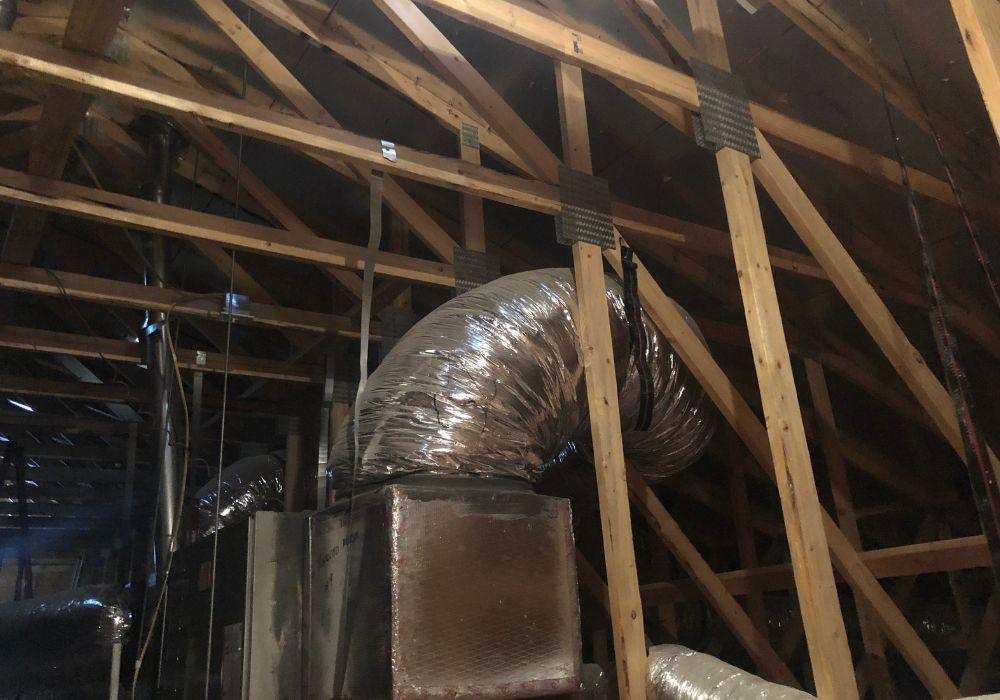
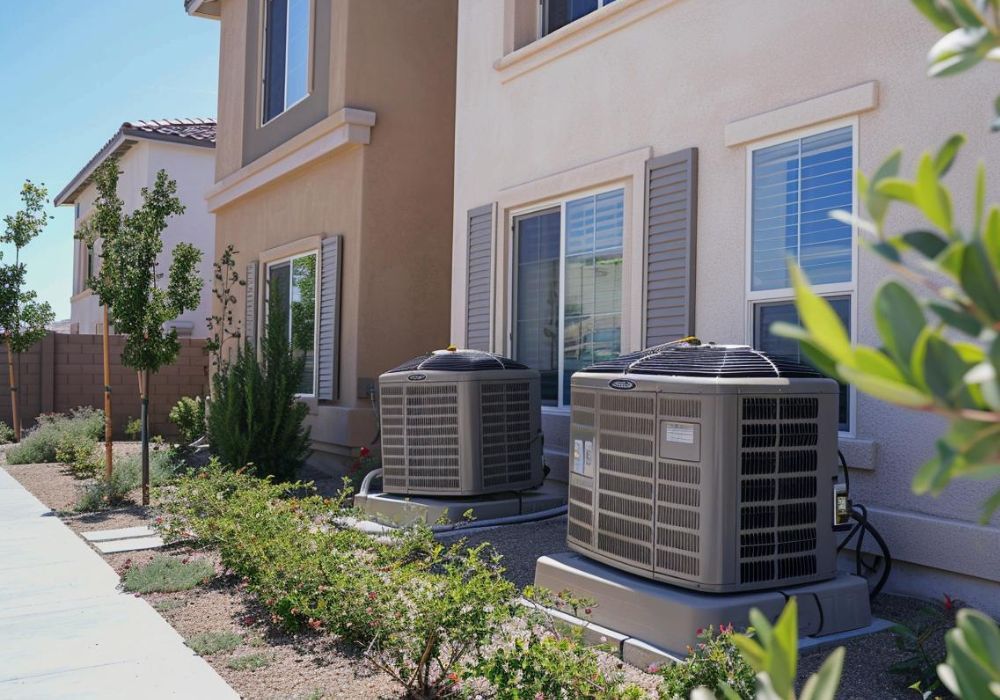
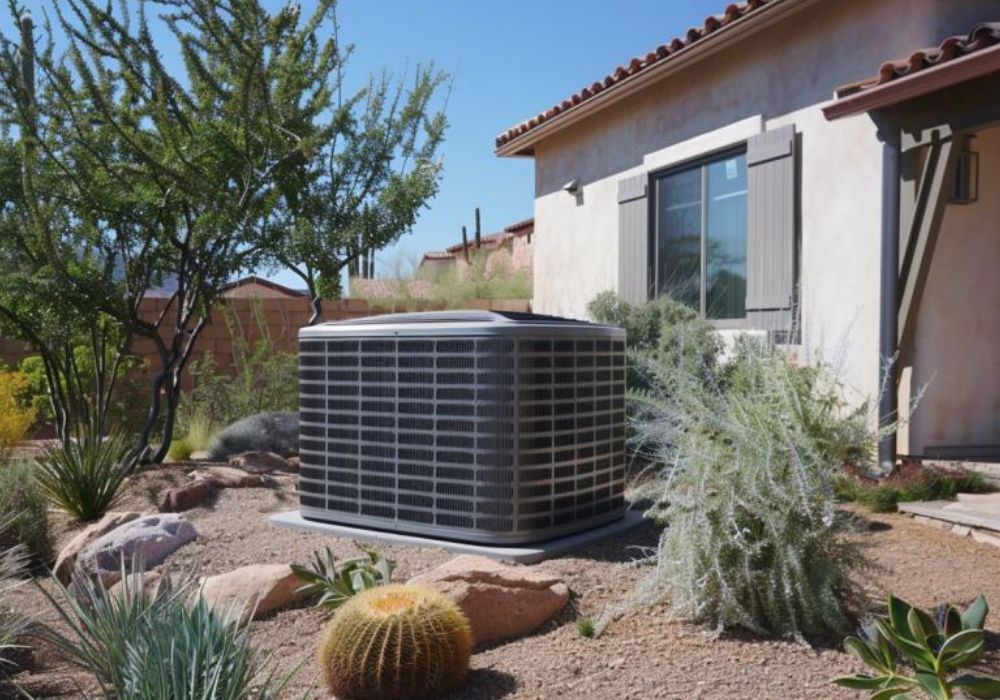
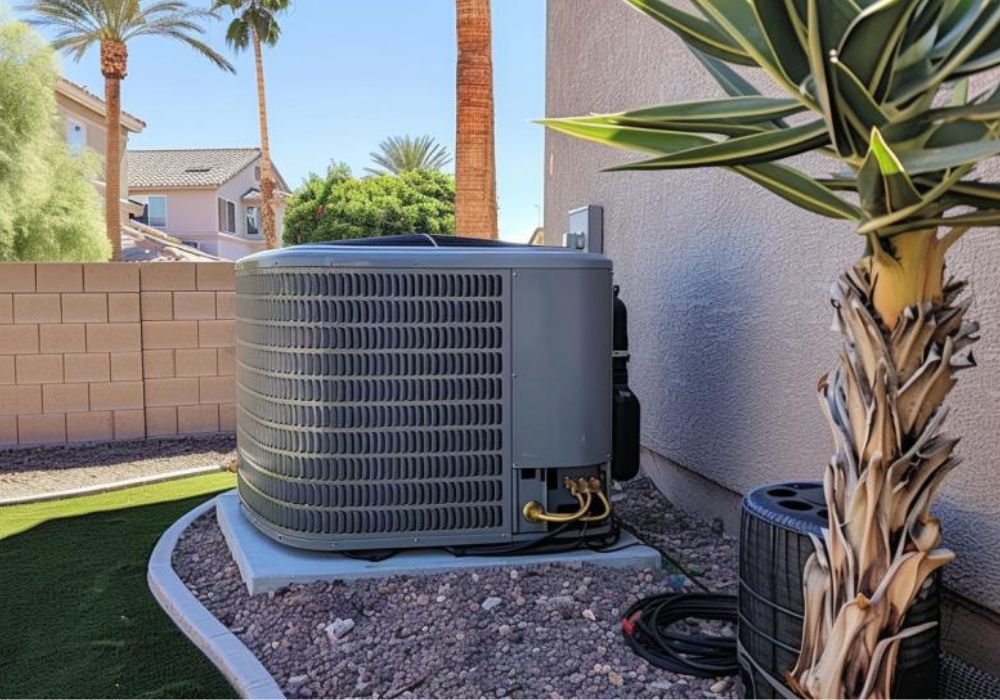
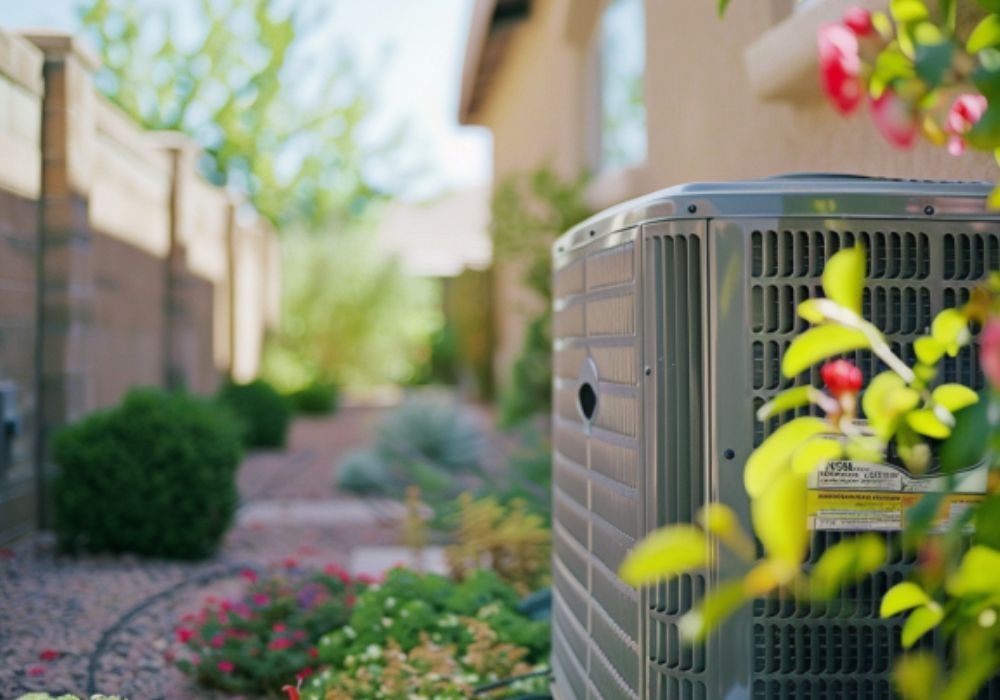
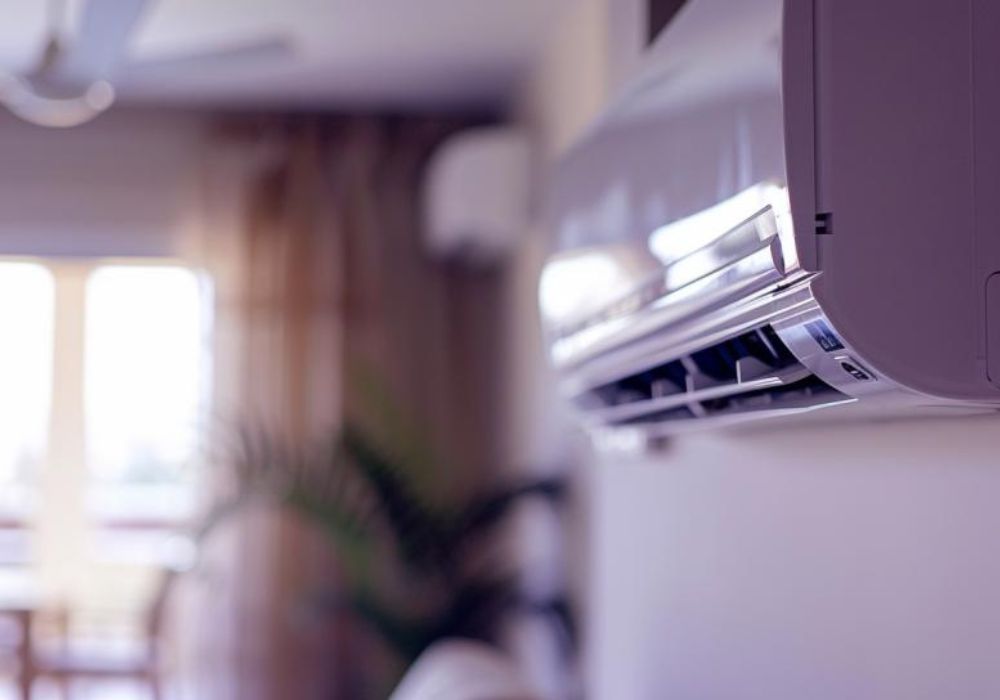
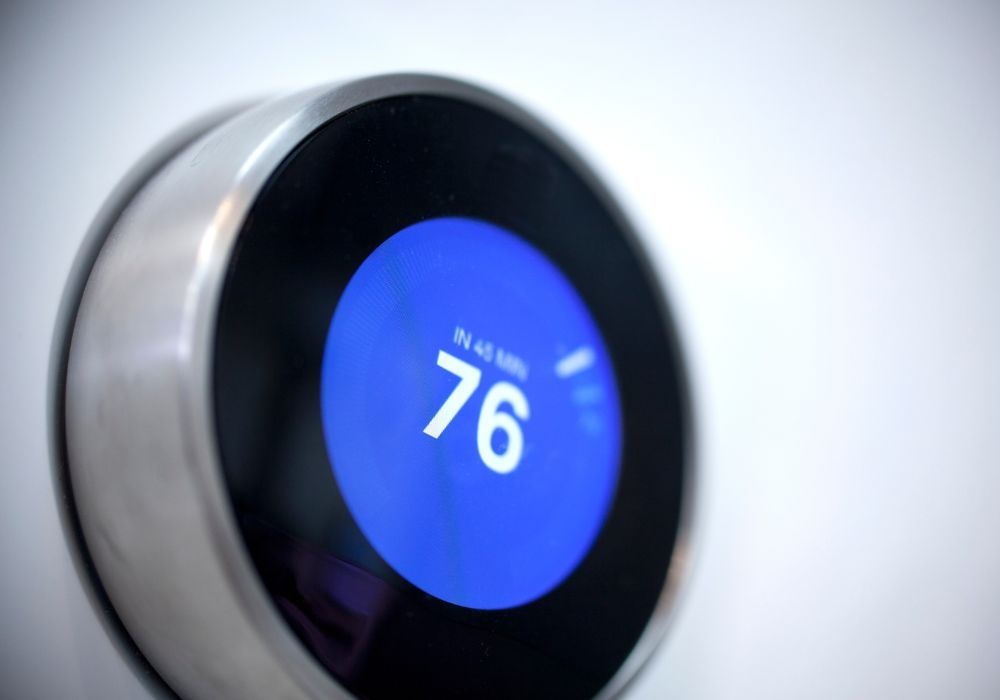
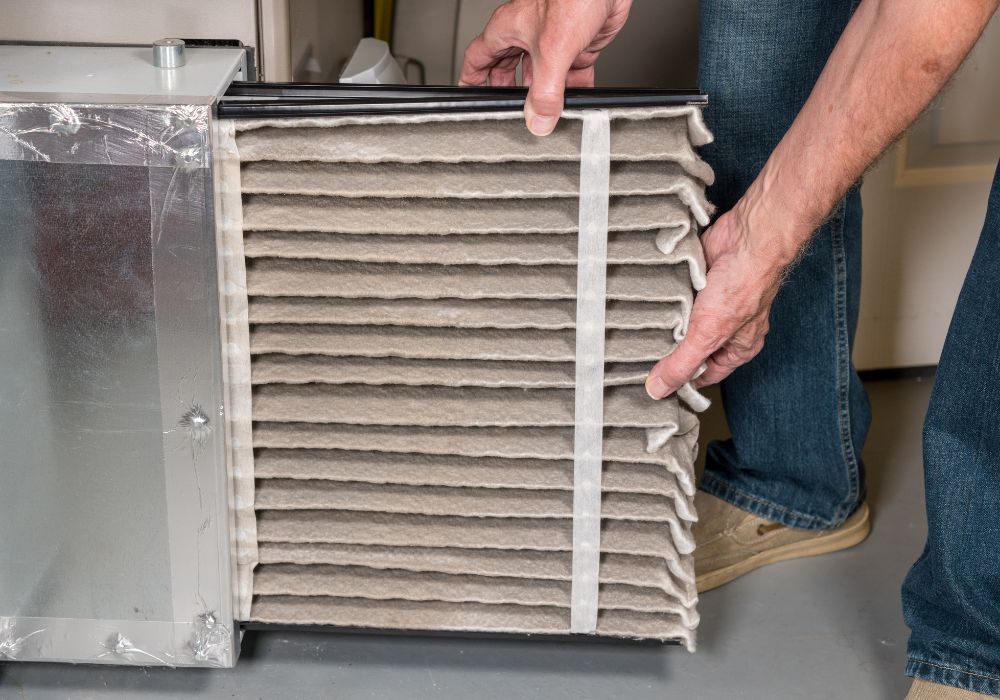

Leave a Reply